Do you have stressed out oral health? Are you ready to find out how stress affects your oral health. Let’s talk about gum disease, clenching & grinding and other issues that can be magnified by stress.
You may think about stress being a factor behind many health problems, but the truth is, stress can also have a negative effect on your oral health as well. There are six main ways that stress can affect your oral health, including:
- Teeth Grinding: If you grind your teeth, you probably do it while you sleep that can cause headaches, a sore jaw, and damage to your teeth. Severe teeth grinding can cause oral health issues, such as loose teeth or even broken or lost teeth. Stress and anxiety are a major cause of teeth grinding. Meditation, counseling and exercise are some ways to reduce the stress that causes teeth grinding. Your dentist can also make you a tooth guard to wear at night.
- TMJ Disorder: TMJ stands for temporomandibular joints. These are the joints that you use to move your lower jaw. They are located just below your ear. Swelling or stiffness in these joints can cause a TMJ disorder. Symptoms can include pain, clicking and popping. Stress is a major cause of TMJ problems. For instance, stress can cause you to clench your jaw and grind your teeth.
- Gum Disease: Stress makes it harder for your body to fight off infections. Gum disease is an infection of your gums that can cause loose teeth, bleeding gums, and bad breath. Stress can also contribute to gum disease if it causes you to grind your teeth, clench your jaw, or smoke cigarettes.
- Canker Sores: If you are like most people, you have suffered through occasional attacks of these painful and annoying mouth ulcers. Triggers include vitamin B deficiency and any type of mouth injury or irritation. Several studies now show that stress is another big trigger for canker sores. If you still get a canker, your doctor or dentist may prescribe a gel or cream to relieve the pain.
- Biting Your Nails: Nail biting can move your teeth out of position. It can also damage your teeth. The germs from your fingernails can be transferred to your mouth and can lead to mouth infections.
- Burning Mouth: Burning mouth syndrome is a dry, hot and burning feeling in your mouth. Stress, anxiety and depression may be part of the problem. Dry mouth syndrome is more common in women after menopause, so hormone changes may also be involved. Treatment for dry mouth syndrome can include stress counseling and antidepressant medication. Stress-related smoking and drinking can make burning mouth worse.
Each of these issues can be results from too much stress in your life. However, there are steps you can take to keep your mouth healthy, so you don’t have stressed out oral health!
Related Article: Daily Stress: The Mental Health Dental Health Link
Let’s go deeper into three of these issues.
Teeth Grinding
One common result of stress is teeth grinding. Stress can make us clench our jaw and grind our teeth throughout the day and into the night. If you already struggle with teeth grinding, stress can make this problem harder to handle. If untreated, you can suffer from loosening teeth and TMJ, which causes pain and discomfort in the jaw. To remedy this, talk to us about night guard options to put a stop to your teeth grinding at night. Throughout the day, try to be conscious if you’re clenching your teeth, and relax your jaw when you can. Try to keep your teeth slightly apart when not chewing/eating. Learn more about TMJ HERE.
Related Article: Custom Mouthguards Help Sleep Apnea
Gum Disease
Stress can make it harder for our bodies to fight viruses and other harmful bacteria in the body, leaving you more vulnerable to infections. This means that if you’re dealing with gum disease, your body will have a harder time dealing with it and healing. Also, if stress is causing you to grind your teeth, smoke cigarettes, or clench your jaw, then it could contribute to gum disease as well. Stress can also make us forget to brush and floss as often as needed, so remember to stay on top of your oral health routine at home.
Related Article:
- “Mouth Mask” is more than Stinky Breath: Gum Disease is on the RISE!
- Dangers of Vaping: Can it harm your smile, gums and teeth?
Mouth Sores
Just like gum disease, canker sores and mouth sores can arise from your body not being able to fight off bacteria during high levels of stress. Although experts aren’t sure what exactly causes canker sores, it’s important to keep your immune system as healthy as possible, starting with your oral health. To stop irritation, keep away from spicy foods or foods with high acid content. You can try over-the-counter medicines to numb the sores, or we may prescribe a steroid ointment, if needed.
Suffering Oral Health
Stress can overtake our days, and when that happens, our normal routine is disrupted. We may be so busy worrying about other things, that we forget to take care of ourselves or can affect our mood, making us not want to take care of ourselves. Remind yourself about the importance of cleaning your teeth, so you can avoid having stressed out oral health. You don’t want to see the dentist for cavities and other issues, so brushing twice a day and flossing once a day is the way to achieve that!
Related Article: Whole Body Health: Oral Care Impacts Heart Disease and Diabetes
GPS Dental Wants You to be Healthy
As you know, oral health is so important; however, when your body is stressed, it can lead to having stressed out oral health! A solid foundation that includes brushing and flossing daily is key for you and your family? Dr. Skrobanek and his Team can help you maintain or improve your oral health, because they can assess your situation and customize a treatment plan at whatever stage you find yourself. Schedule your dental exam and cleaning at GPS Dental. We look forward to seeing you at your next dental appointment.
Dr. Gary P. Skrobanek’s experienced and friendly team at GPS Dental offers affordable dental care for all ages in San Antonio, TX area. Our Brooks City Base dentist office is conveniently located and offers early morning appointment times Monday through Friday to meet your needs. At GPS Dental, we promote dental health awareness to our patients and provide most dental services, from family and general dentistry to dental implants, sleep apnea, TMJ / TMD Treatment, cosmetic dentistry and much more. We accept most dental insurance plans and offer affordable financial solutions for any budget. Call us at 210-633-3477 to make an appointment.





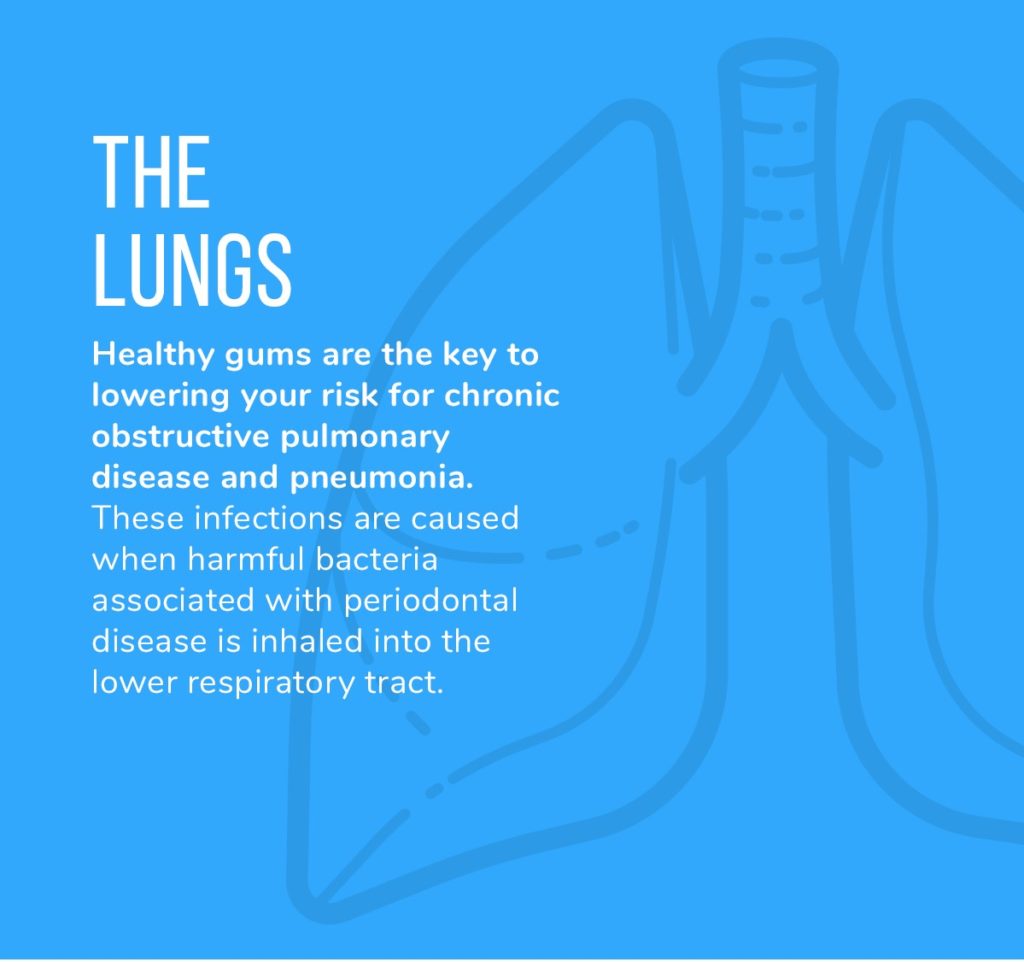
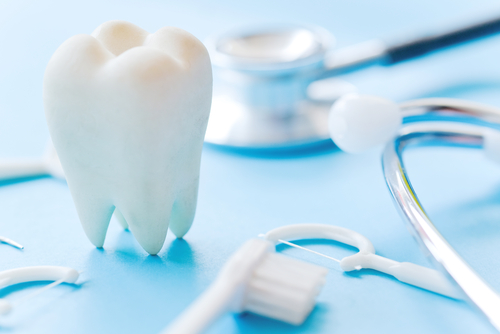
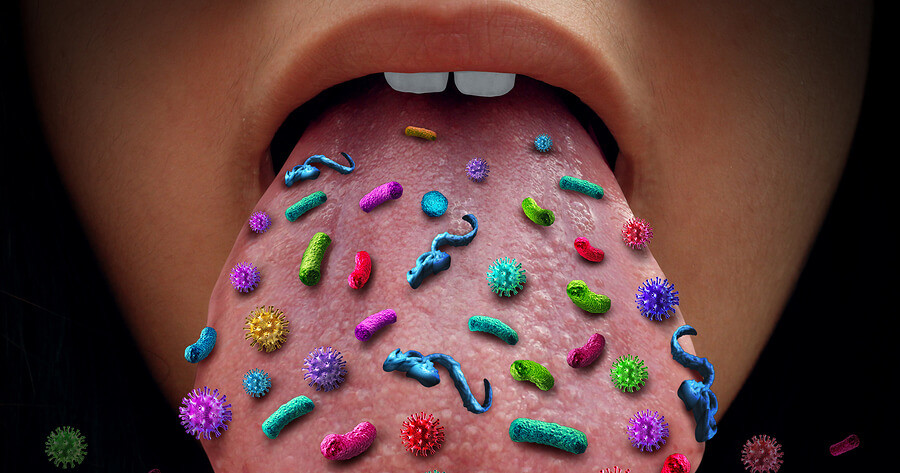

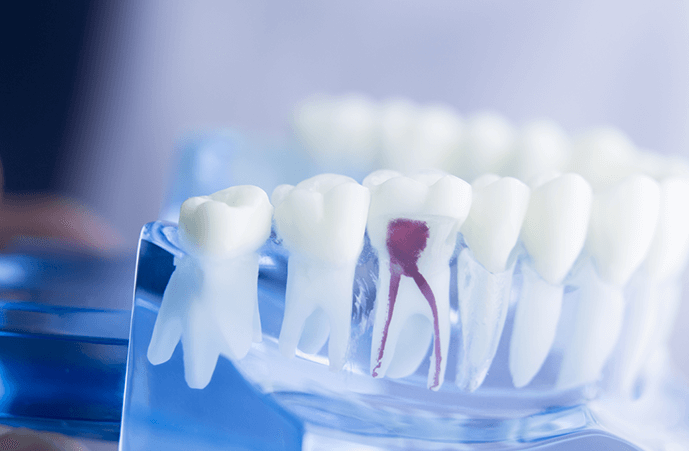
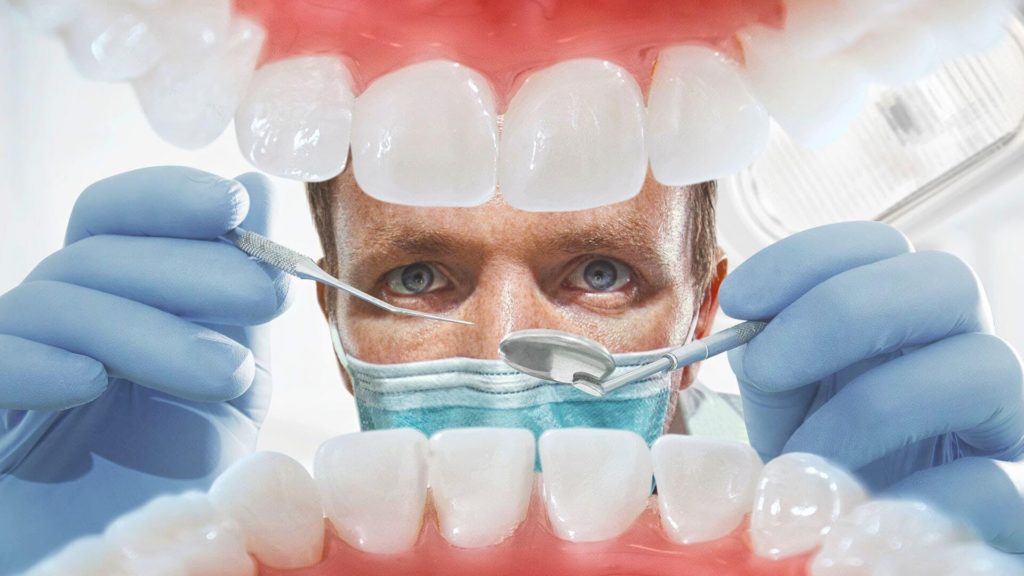
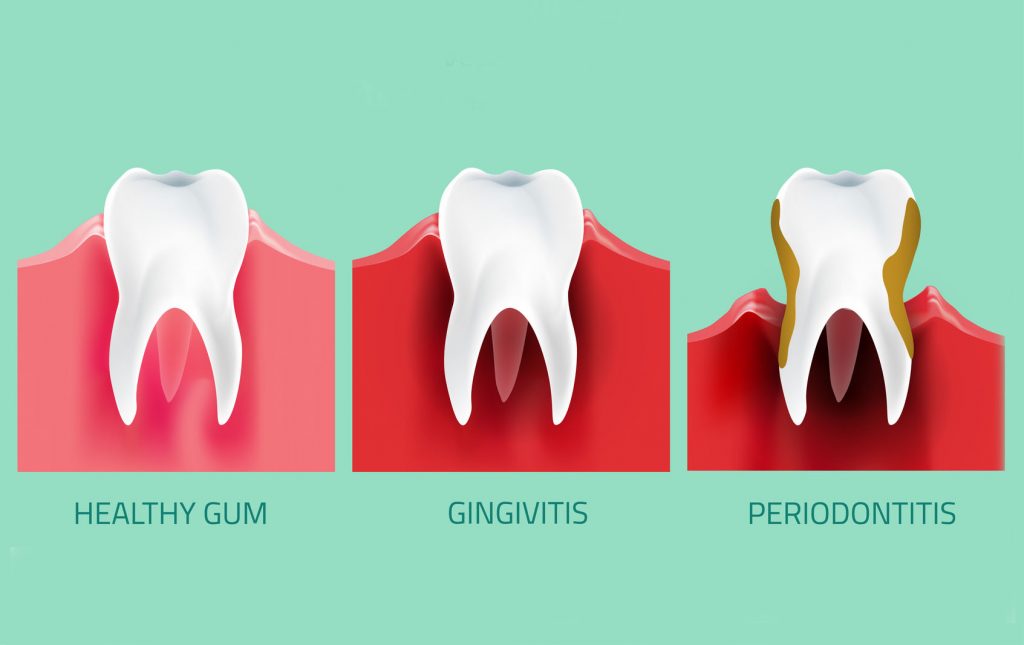
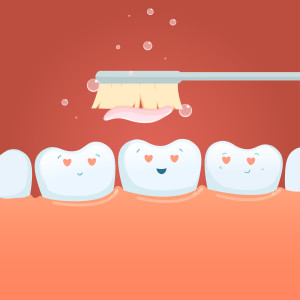 Your mouth and your heart might be more connected than you think! We always stress the importance of oral hygiene at GPS Dental. Most of our patients don’t realize what their oral health means for the rest of their body. Since February is Dental Health Month, it seemed only fitting to explore what dental health can do for you!
Your mouth and your heart might be more connected than you think! We always stress the importance of oral hygiene at GPS Dental. Most of our patients don’t realize what their oral health means for the rest of their body. Since February is Dental Health Month, it seemed only fitting to explore what dental health can do for you!

